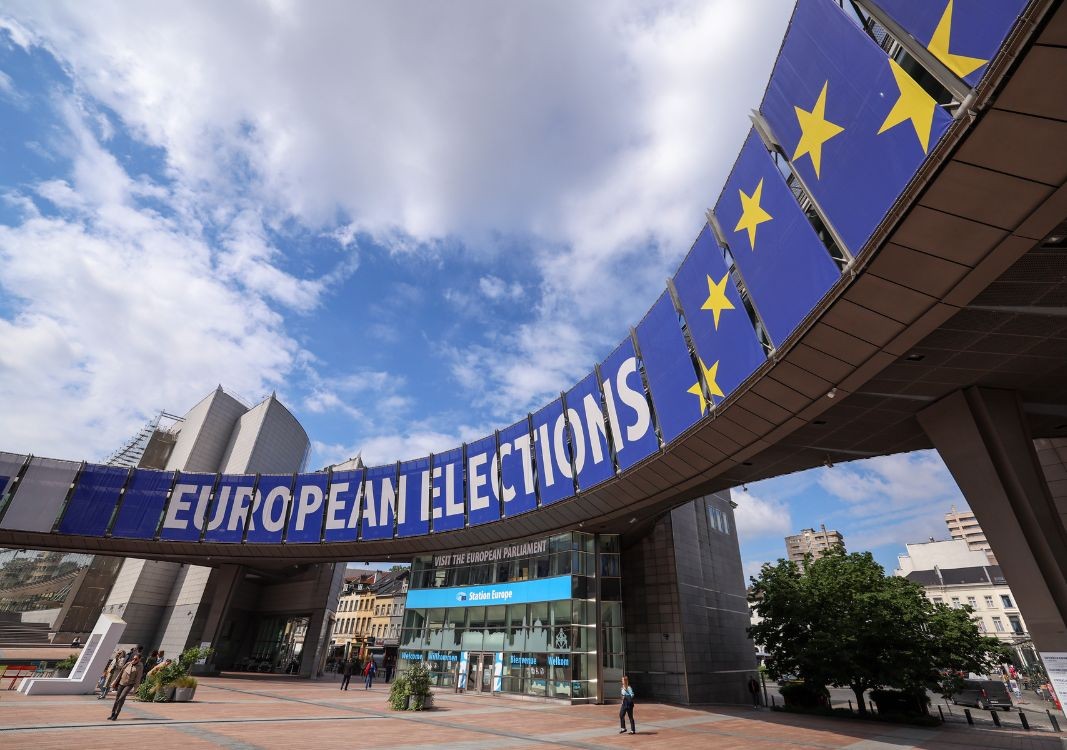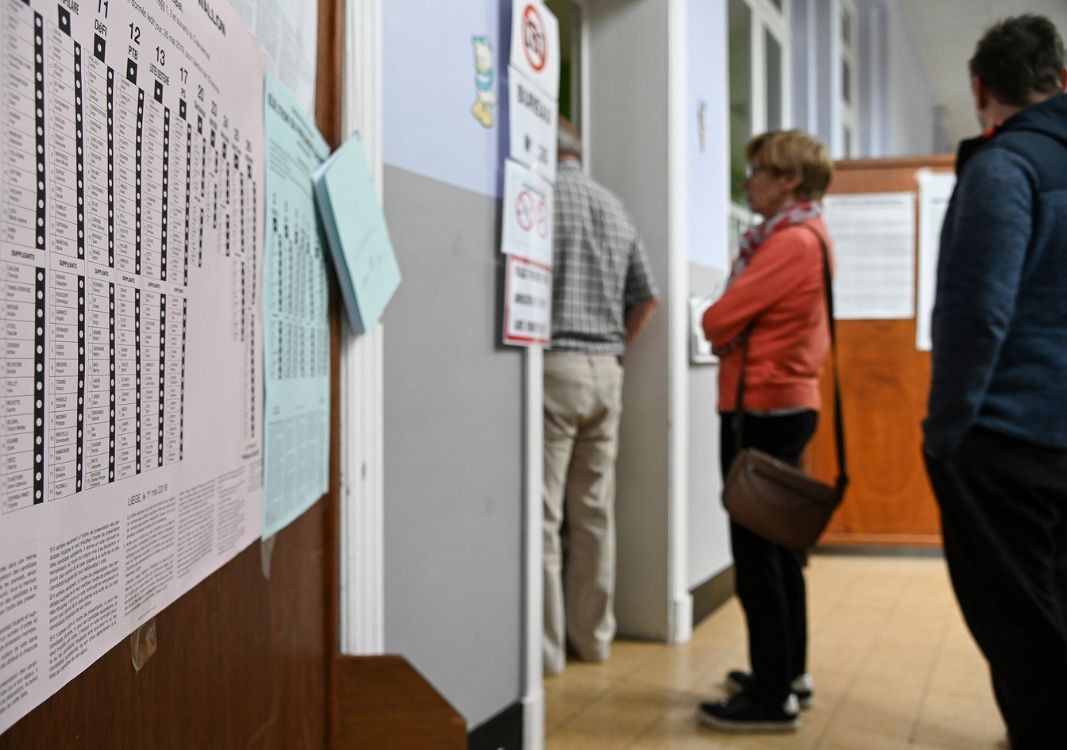Bulgaria has been a member of the EU since 1 January 2007. However, Bulgaria had representatives in the European Parliament before its official membership. In 2005, the National Assembly elected 18 Bulgarian MPs who had the status of Euro observers. Until Bulgaria's EU membership, they were entitled to participate in all the meetings of the European Parliament - political groups, committees and plenary, but without the right to vote. They could also make speeches at all but plenary sittings.

In the EU's 720-seat parliament, Bulgaria keeps the number of its representatives - 17. 31 Bulgarian parties and coalitions have nominated candidates. Voting in Bulgaria is compulsory by law, is carried out in person by the voter and constitutes the performance of his or her civic duty.



On 9 June, Bulgaria holds 2-in-1 elections - for members of the national parliament and MEPs. In this regard, we should remind that on election day in Bulgaria and in the EU Member States, Bulgarian voters have the right to vote in both elections. In non-EU countries, including the UK, only those Bulgarian nationals who choose to cast their vote at the polling stations open in the diplomatic and consular representations of Bulgaria are entitled to vote for the National Assembly and the European Parliament. In other places in the countries outside the Community, Bulgarian nationals can vote only for candidates for the 50th National Assembly.
Bulgaria’s National Assembly rejected President Rumen Radev’s veto on the amendments that expand the powers of the special commercial administrator of Lukoil, reported BNR’s correspondent Maria Fileva. The MPs from the ruling majority, supported by..
President Rumen Radev has vetoed the legislative amendments related to the appointment of a special commercial administrator in the Lukoil refinery in Burgas. The head of state said that the amendments undermine the legal order in..
Convulsions Before Multipolarity — a Time When Illusions Are Sacred and Truth Is Heresy is the title of a new book that will be officially presented in early November in Sofia. It explores the agony of a unipolar world, an era of geopolitical..

+359 2 9336 661
